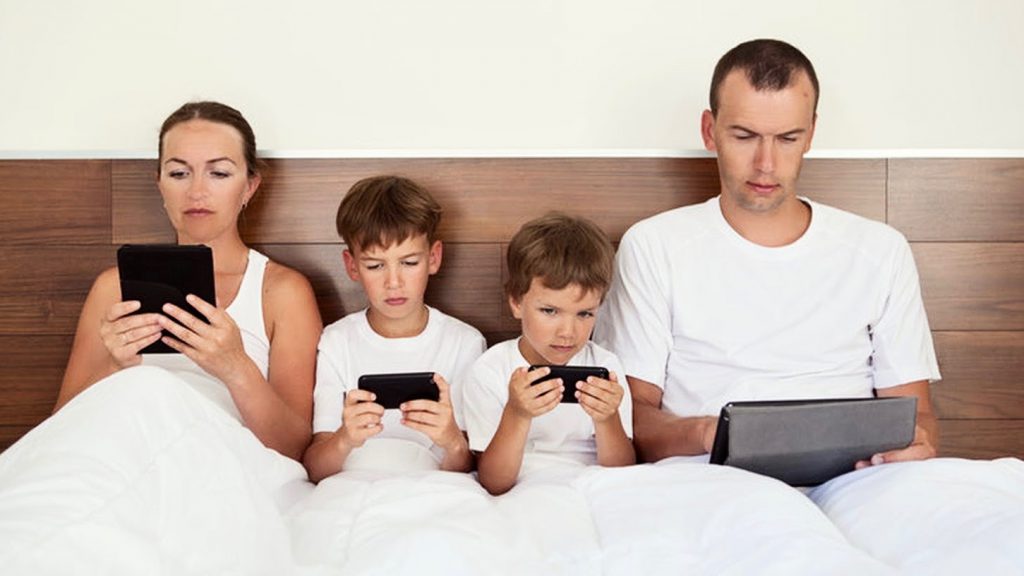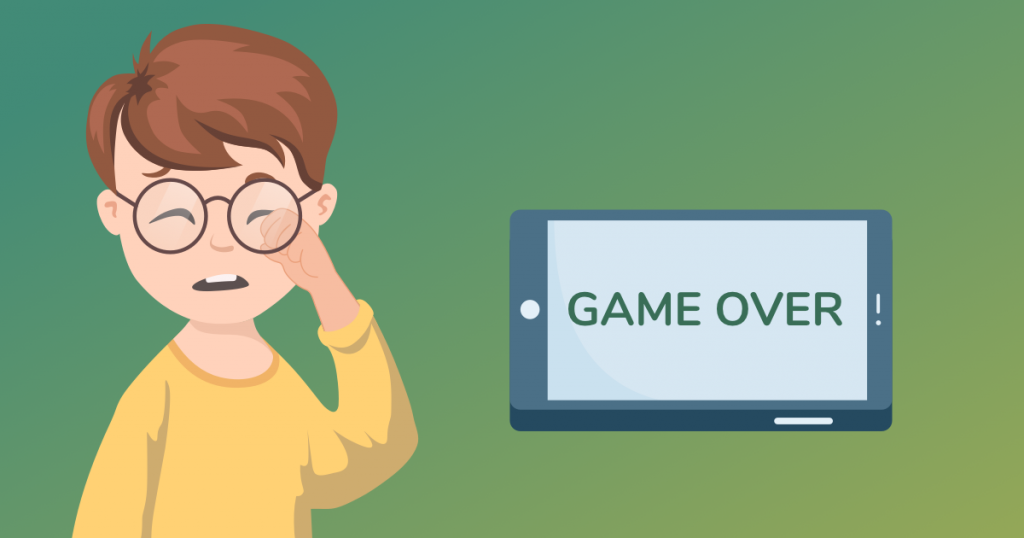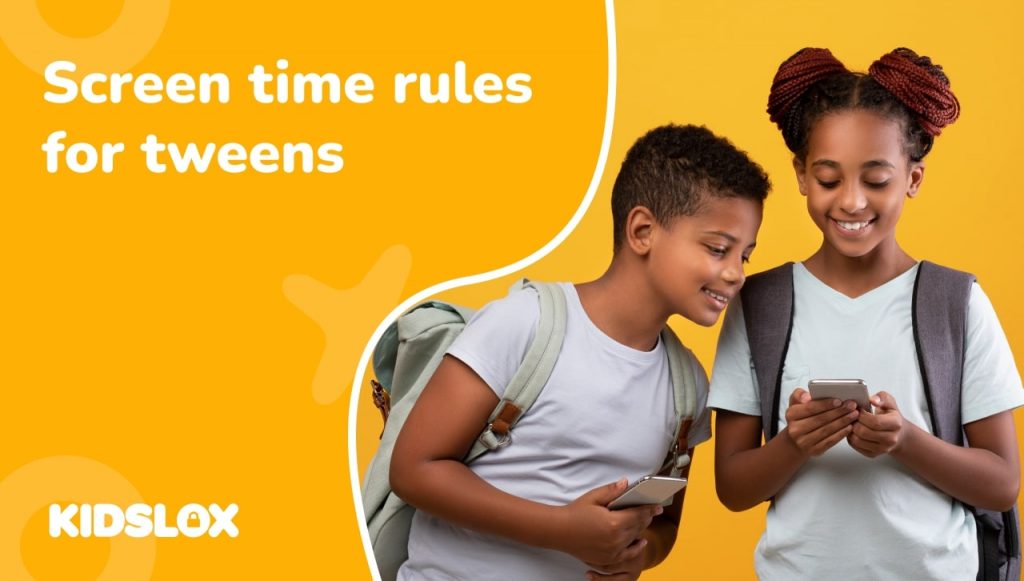Kidslox is committed to helping families achieve a healthy balance between their screen use and other parts of their lives.
Awareness of the need for a wider range of effective screen time management options has been growing fast over the last few years and the budding “Digital Wellness” market has grown with it. Kidslox has played a leading role in that movement since 2014 when we first released our iOS screen time management app.
Since then our service has spread to include other platforms and features, but as we initially developed Kidslox to meet the needs of our founders (whose families are all big Apple fans), our iOS app has always had a special place in our hearts.
___
Over the last 4 months Kidslox has submitted new updates to Apple’s app store 5 times. Every time, we’ve been rejected. The reviewers justify the rejections by pointing out that Kidslox uses their developer tools for “non-documented uses”.
The fact that we’ve used non-screen time tools to deliver screen time related features ever since those same reviewers first approved Kidslox into the store 4 years ago and have continued to do so over the course of over 50 app updates seems to not figure in their assessment (i.e. they’ve always known how our app works and have even discussed the details of it with us on multiple occasions before the recent rejections started).
The reason we use their tools in this way is because Apple’s iOS offers no documented tools for developers to track screen time use with. All across the digital wellness market, app developers are using location tracking, VPN and MDM API’s to deliver a range of screen time tracking services, simply because there are no other options for delivering these features.
You might assume that the recent release of Apple’s own “Screen Time” features would be considered a validation of and encouragement for the digital wellness market. Despite the fact that Apple released these features only under intense public, media and shareholder pressure, the release of “Screen Time” seems to concede the widely accepted position that too much time spent on screens can have negative effects on a person’s wellbeing and that children sometimes need parental help managing the way they use screens.
 Some of us even dared to hope that the announcement of “Screen Time” would mean new developer tools to help with the creation of screen time measurement and management apps.
Some of us even dared to hope that the announcement of “Screen Time” would mean new developer tools to help with the creation of screen time measurement and management apps.
___
The brutal truth of the matter though is that not only were no screen time developer tools released, ever since the announcement of “Screen Time”, Apple’s reviewers have systematically sought out reasons and ways to exclude other digital wellness apps from their marketplace.
This is our theory, Apple of course deny that they have any such policy, but ever since the announcement of “Screen Time” in June of this year, we’ve seen a large number of otherwise active players in this market stop updating their apps and in a few cases (Freedom, Ourpact Jr, Mute, perhaps others) their apps have been removed from the store all together.
In our case, Apple’s decision effectively stops us from improving our app any further, as the only updates they’ll accept are those which would strip the core screen time tracking functionality out of the app. This would obviously betray the trust of tens of thousands of paying users by reducing the product they’ve paid for to a shell of its former self. In the meantime, our existing version (added to the app store in June) gradually becomes out of date, as we’re unable to bring it into compliance with (for example) the latest iOS version.
___
Whether they’re actively working to hamper digital wellness apps or not, (and reports from across the marketplace suggest they are), Apple’s lack of a public screen time API (along with the lack of a fix to the issue of apps rearranging after iOS restrictions are activated) ensures that alternative approaches to “Screen Time” are either toothless or walk the tightrope of Apple’s unevenly applied review policy.
Obviously in the short term we’d like to be able to submit updates to our app to better serve our users, ensure that Kidslox is compatible with all the latest devices and introduce new features. In the slightly longer term, we’d like Apple to provide public screen time API’s that empower the digital wellness market to provide a wide range of different approaches to screen time management, so that every family can find a solution which meets their needs.
If you know someone at Apple, please do share this post with them! We feel we’re being treated unfairly, both individually and as a wider industry and we’d love to be having this conversation with them to try and move things forward constructively.
If you want to express support or let us know your own story of Apple blocking digital wellness apps, get in touch via press@kidslox.com or viktor@kidslox.com (+1 214.329.9849)





